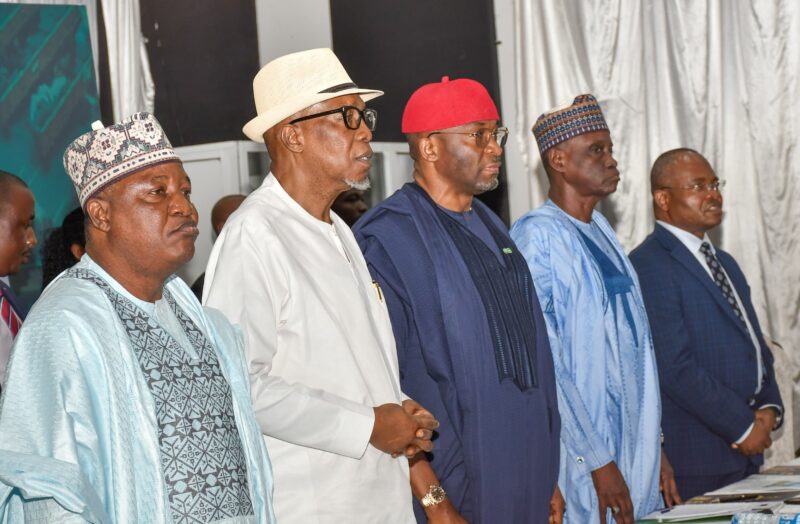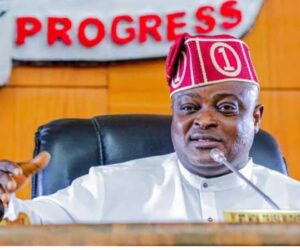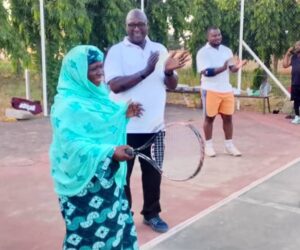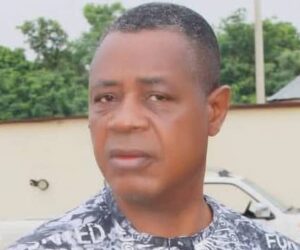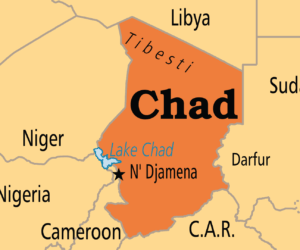1
Torkwase Nyiekaa
With the 2027 general elections fast approaching, pressure is mounting on the National Assembly to deliver far-reaching constitutional and electoral reforms aimed at strengthening Nigeria’s democracy, enhancing governance, and restoring public confidence.
This call resonated strongly on Monday during a consultative meeting organised by the House of Representatives Committee on Constitution Review in Abuja, where the Inter-Party Advisory Council (IPAC), Senate President Godswill Akpabio, and Deputy Speaker of the House, Rt. Hon. Benjamin Kalu, urged urgent action to address structural weaknesses undermining the country’s democratic process.
IPAC National Chairman, Dr. Yusuf Mamman Dantalle, praised the legislature for opening up inclusive dialogues on the nation’s governance framework, describing the review as a pivotal step toward rebuilding public trust and fixing electoral shortcomings that have persisted for decades.

As the coalition of all registered political parties, Dantalle said IPAC is committed to promoting reforms that will strengthen transparency, fairness, and inclusivity in the electoral system. Implementing these reforms before the next general election, he noted, would boost electoral credibility and deepen democratic governance.
He advocated the scrapping of State Independent Electoral Commissions (SIECs) and transferring responsibility for conducting local government elections to the Independent National Electoral Commission (INEC). Such a move, he argued, would guarantee credible grassroots elections and improve governance at the local level.
Dantalle also proposed stripping the President of the power to appoint the INEC chairman, national commissioners, and secretary, recommending instead an Independent Appointment Committee made up of political parties, civil society organisations, the National Judicial Council (NJC), and the National Assembly.
Other key recommendations included the reintroduction of public funding for political parties to ensure a level playing field, the creation of an Electoral Offences Commission to tackle vote-buying and election manipulation, and the allocation of special legislative seats for women to improve gender representation. He also suggested allowing political parties to replace legislators who vacate their seats through death or defection without holding costly by-elections.
“The constitution review process is an opportunity to produce a truly people-centred document that reflects the aspirations of all Nigerians,” Dantalle said, adding that strengthening judicial independence and human rights protections remains vital to safeguarding democracy.
Senate President Godswill Akpabio echoed the call for urgent and transformative reforms, stressing that Nigeria’s supreme law must evolve to meet contemporary challenges, particularly in electoral credibility, justice, inclusion, and security.
He warned that democracy cannot thrive when elections lack integrity or when justice is delayed, adding that public trust is eroded in such conditions. Akpabio renewed calls for full local government autonomy, insisting that effective governance must begin at the grassroots and that financial independence for local councils is essential to improving service delivery and strengthening federalism.
“No democracy can succeed while excluding half of its population,” he said, urging increased representation of women in decision-making roles. Akpabio also backed the creation of state police as a practical solution to Nigeria’s complex security landscape, while emphasising the need to safeguard human rights and prevent abuses by state actors.
Reaffirming the National Assembly’s commitment to partner with the executive and other stakeholders, Akpabio vowed that lawmakers would enact legislation to strengthen institutions and enhance accountability. “The Constitution is not merely a legal document; it is the collective promise of a people,” he said. “If we stay true to these ideals, history will remember us as leaders who turned words into action.”
Deputy Speaker and Chairman of the Constitution Review Committee, Rt. Hon. Benjamin Kalu, described the current amendment exercise as the most participatory and inclusive in Nigeria’s history. More than two decades after the 1999 Constitution came into force, he said it is time to re-evaluate whether the country’s legal framework meets the demands of the present.
Kalu disclosed that the committee had engaged with legal experts, civil society groups, traditional rulers, and citizens through zonal hearings to capture a wide range of perspectives. He emphasised the crucial role political parties play in the process as key actors in leadership recruitment, voter mobilisation, and policy formulation.
Highlighting priority amendments such as guaranteed women’s representation, financial autonomy for local governments, and streamlined electoral processes, Kalu urged political parties to thoroughly review the proposed bills and submit constructive feedback.
“These reforms transcend partisan politics, they are about the future of our democracy,” he said. “We must ensure that women have a seat at the table, local governments are empowered to serve effectively, elections are credible, and our judiciary delivers justice efficiently. This is the collective task before us, and it requires collaboration across all sectors.”

